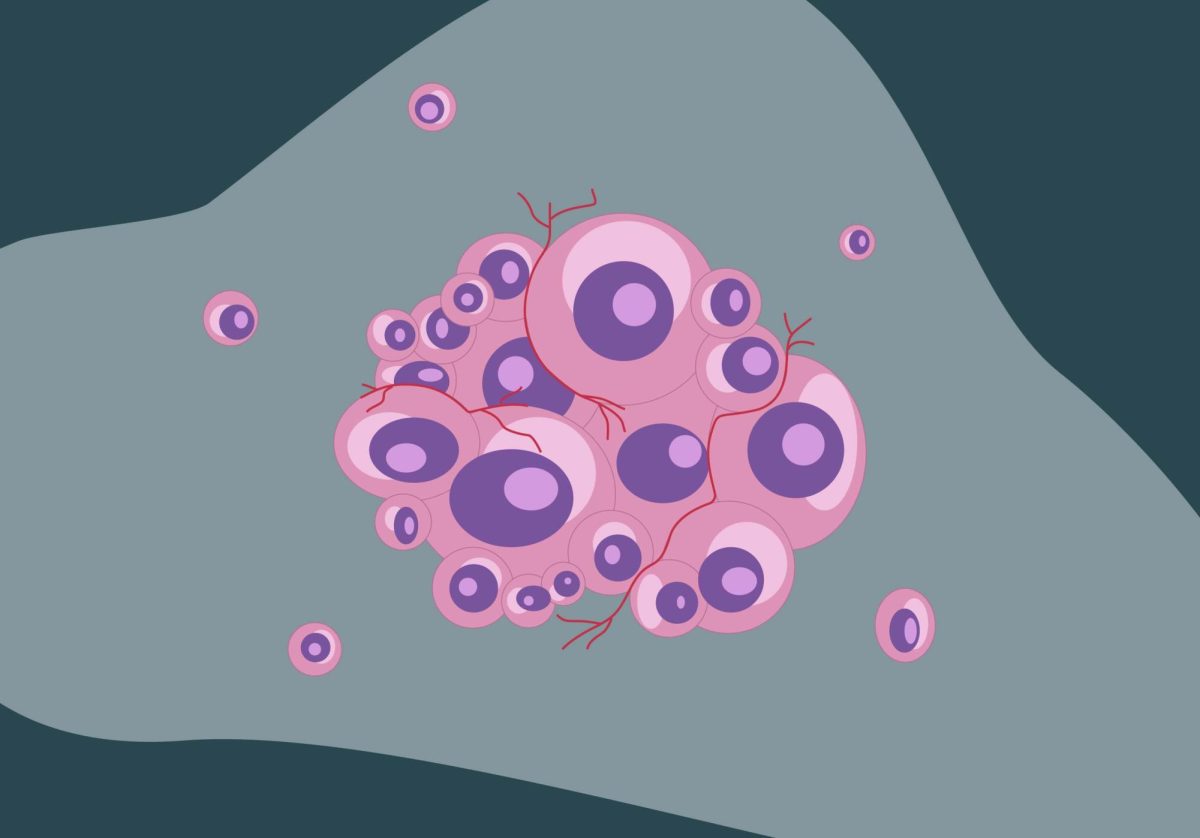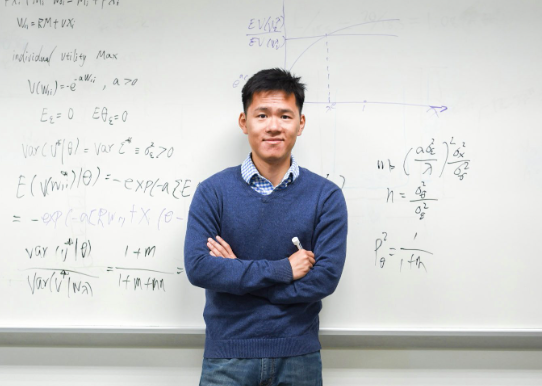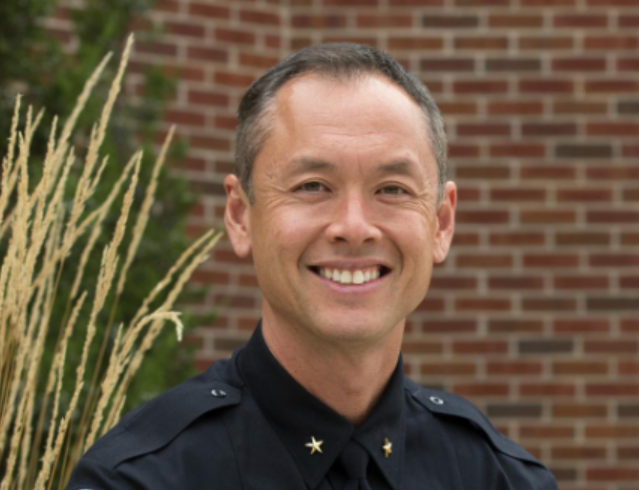University of Minnesota Professor Maria Gini was awarded the Presidential Award for Excellence in Science, Mathematics and Engineering Mentoring after 40 years in the Computer Science Department. She was the first woman in the department.
Mats Heimdahl, the Computer Science Department head, has worked alongside Gini since 1996.
“She’s always been outspoken, opinionated and always willing to help people,” Heimdahl said. “A good resource to get the lowdown on what to do and what not to do, and she’s serving the same role now, and it’s almost 30 years later.”
Gini has been actively involved in the department since she started in 1982.
“I don’t know where she finds the time and energy because it’s slow going, you can’t give up on things,” Heimdahl said. “She’s persistent and sort of infectiously enthusiastic about things.”
Gini was born and raised in Italy, where she earned her doctorate degree. Her mother was a teacher and she was a Girl Scout leader, introducing her to mentorship at a young age.
“Having those experiences really helped me understand how important it is to interact with people and pay attention to them,” Gini said.
After moving to the U. S., Gini said she was immediately aware of the diversity here and admired it.
“Italy used to be basically just Italians, and there were very few immigrants. So when I got to the U.S. and I started seeing the bright and richness, international students, it’s something I still appreciate a lot,” Gini said. “It adds a lot of value to any group because people with different backgrounds and different cultures bring diversity and bring different ideas.”
Gini has mentored more than 40 graduate students, focusing on students of diverse backgrounds and international students. Ebasa Temesgen, a graduate student from Ethiopia, is currently working with Gini.
“One reason that I came here is Maria, she is a professional in robotics, she’s a well-accomplished professor and that’s what I wanted to do,” Temesgen said. “Giving (students) the chance and then the opportunity to do research, to be part of the larger community, for me to be a part of this means a lot.”
Gini focuses heavily on collaborative work, especially outside of the department. She has grad students working in collaboration with the psychology department to create AI technology to help elderly care facilities.
“She’s a fantastic mentor and somebody that really cares about people,” Heimdahl said. “She’s willing to really go above and beyond to help students, and when she sees potential in students, she’s willing to give them a chance.”
Gini said her teaching techniques are based on how she views life.
“I don’t like to tell people what to do fundamentally, it’s just not my style. Even with my PhD students,” Gini said. “So I end up having to do more one-on-one and so I end up really working with the students individually, mentor them, helping them figure out what to do with them as opposed again to treating them as employees.”
This mentality reduces stress, according to Temesgen.
“You don’t feel like you have a boss. Instead, you have a mentor,” Temesgen said.
Gini has participated in a wide variety of research in robotics and AI throughout her career, being cited over eight thousand times on Google Scholar.
“She’s really active in the research community and she gives you this great feedback and then drives you,” Temesgen said. “She’s worked a lot with students directly to make sure that they get where they want to go.”
Gini’s hands-off approach has also appeared in her research with robotic systems. She worked on software that informed robots on how to organize tasks. She researched a distributed method, without a centralized system, because she disliked being told what to do.
Her project “auctions for task allocation” is among several projects Gini has worked on at the University.
Gini’s progress goes beyond research to actively support women in computer science. Only 25% of computer science students are female, and there are only several female professors teaching computer science at the University, according to Heimdahl.
“It’s a typical thing that happens, you don’t think much about gender or race or anything and then you put together a committee and there are no women on it,” Heimdahl said. “Maria would come down and whack me on the head and go, ‘What the hell?’”
Gini said she never considered the gender imbalance when she was beginning, but has begun to focus on supporting young women interested in computer science.
“It’s complicated to figure out how to break this culture. I did summer camps and they help, most of the girls end up doing computer science or computing jobs,” Gini said. “Doesn’t mean everybody has to do computer science. But I want to make sure people have a choice.”
The Presidential Award is only awarded to 25 individuals, but Gini said she is not in it for the recognition. She said the best part of this award is the chance to reconnect with people.
“I get emails from former students when they were in my class maybe 5-10 years ago and it’s kind of cool, right? The value that I see when you get some recognition allows you to reconnect with people,” Gini said.
Heimdahl said Gini’s influence helped set the culture and operation of the computer science department.
“One day when she decides to retire, that’s going to be a big void to fill in many respects,” Heimdahl said. “Both in terms of the sort of enthusiasm and energy, but also in this notion of mentoring.”














DMc
Feb 4, 2025 at 5:32 am
Interesting how the article never mentions the president’s name. If it was the current president, the name would be the title. Obviously not the current president.
Mark Dougherty
Feb 3, 2025 at 10:32 am
This cannot be correct. There is no way our current president would give out an award for science. Maybe what she received was a cease and desist letter telling her to stop teaching and report to a reeducation camp?